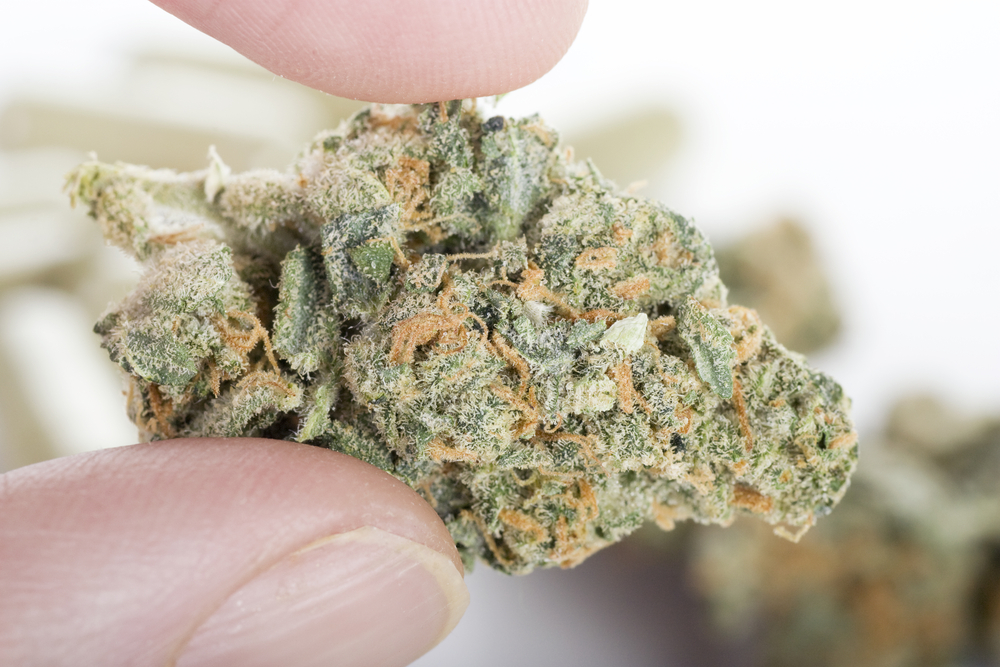THCA, or tetrahydrocannabinolic acid, is a non-psychoactive compound found in raw, unheated cannabis flowers. THCA is the precursor to THC, the psychoactive compound found in cannabis, and is transformed into THC when the plant is dried, cured, or heated.
THCA has a number of potential health benefits, including anti-inflammatory and neuroprotective properties. Some studies have suggested that THCA may be effective in the treatment of conditions such as epilepsy and Parkinson’s disease, although more research is needed to fully understand its therapeutic potential.
THCA is also believed to have antioxidant and anti-proliferative effects, making it a potential option for the treatment of certain cancers. In addition, THCA has been shown to have analgesic effects, making it a potential alternative to traditional pain medications.
Despite its potential health benefits, THCA is not yet widely available in the form of a medication or supplement. However, raw cannabis flowers containing high levels of THCA can be found at dispensaries in states where marijuana is legal for medical or recreational use.

It is important to note that the consumption of raw cannabis flowers is not psychoactive and will not produce the “high” associated with THC. Additionally, the potential health benefits of THCA are still being researched and it is not yet clear how effective it is in the treatment of various conditions. As with any supplement or medication, it is important to speak with a healthcare professional before using THCA.
Unlike THC, which is only found in marijuana plants, THCA can be extracted from hemp plants as well.
Hemp is a type of cannabis plant that contains low levels of THC and is primarily grown for its fibers and seeds. Hemp-derived THCA may be a more attractive option for those looking to use cannabis-derived products without the psychoactive effects of THC.
While the potential health benefits of THCA are still being researched, some companies are beginning to offer THCA products made from hemp. These products may be available in the form of oils, tinctures, or capsules and can be found at dispensaries in states where marijuana is legal for medical or recreational use.
